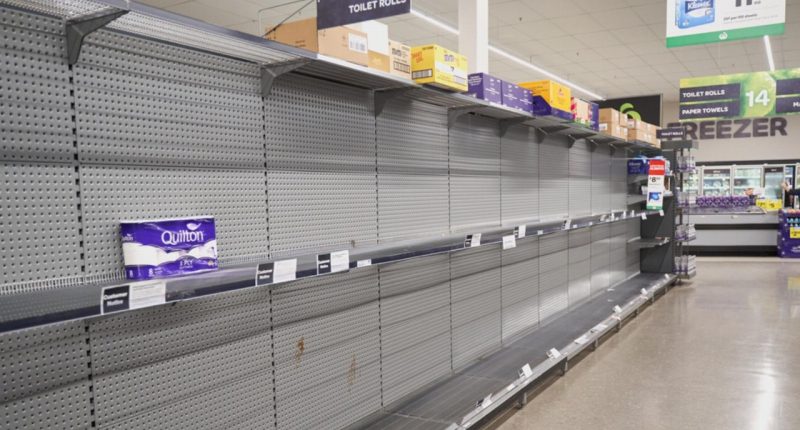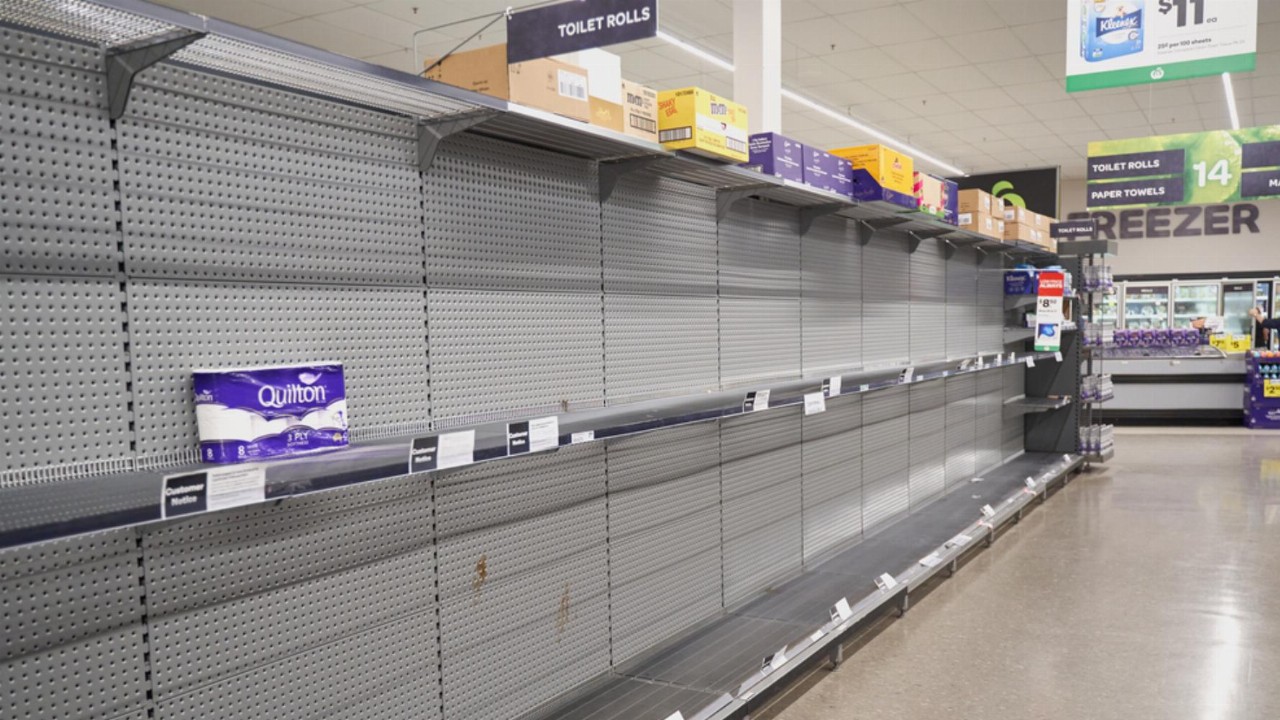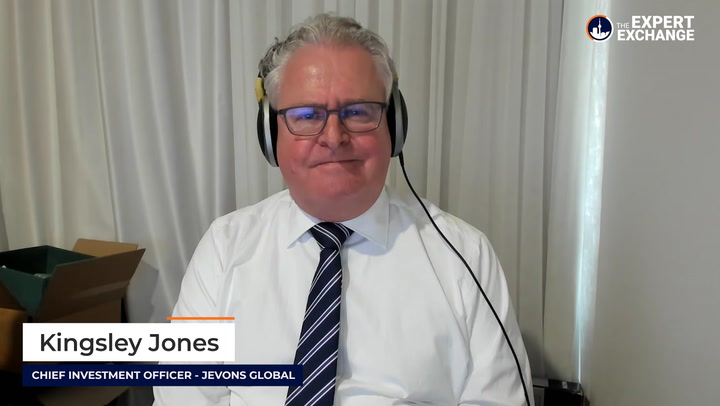- Future shocks to the food supply chain could be handled through the deployment of self-driving trucks and increasing the migrant workforce, according to experts
- The experts say the lack of migrant workers, the relieance on truckdrivers and the absense of worker-related contingencies have lead to the current discrepancies
- Future shocks can also be limited if people grew produce for themselves
- Under advice from AHPPC, people in food distrubution can return to work with an exemption if they are asymptomatic but test positive with COVID-19
Future shocks to the food supply chain could be handled through the deployment of self-driving trucks and increasing the migrant workforce, according to experts.
According to RMIT Deputy Dean of Research & Innovation Andrew R Timming, the food supply chain has been vulnerable to coronavirus, especially the Omicron variant.
“As it spreads across Australia like a wildfire, an already strained system has been pushed to a breaking point,” he said.
The food sector across the country is feeling the pinch, with national employer association Ai Group reporting that businesses in food and logistics are suffering from 10-50 per cent of their workers are sick or in isolation.
Migrants have traditionally played a huge role, from picking produce to transporting it across the country, according to Mr Timming.
“With the abrupt closure of our borders in 2020, that supply has been cut off,” he said.
“This, coupled with the strict rules surrounding isolation and quarantine, has created the perfect storm we are experiencing today. There are plenty of low wage jobs to go around and not nearly enough people willing or able to fill them.”
The Ai Group recommended giving considerations to the temporary granting of work rights to all visa holders currently in Australia.
“[This would] allow them to work in the areas of acute need such as in areas for which work right extensions have already been given to international students,” Ai Group Cheif executive Innes Willox said.
Mr Timming said one potential solution to future shocks lies in the automation of tasks.
“Already we have the technology to deploy self-driving trucks that can transport goods across the country with zero COVID-19 risk,” he said.
“More importantly, the lesson in the current supply chain crisis is that we should be looking towards more sustainable, locally sourced food. I grow my own vegetables in my backyard, so I am largely unaffected by the empty shelves at the supermarket.”
RMIT Associate Professor in Sustainability and Urban Planning Andrew Butt said long food supply chains that rely on interstate and international supply are the cause of the crumble.
“This is why good metropolitan planning and peri-urban planning needs to recognise the importance of having local food systems within metropolitan regions,” Mr Butt said.
“We are going to be vulnerable to other shocks in the future and the most obvious one is living under climate change.”
“We are losing a great resource if we’re not thinking about land water reuse around our cities. That’s what we should be planning for.”
Workers exempt from isolation
According to Monday’s Interim Guidance from the Australian Health Protection Principal Committee, “critical food and grocery production, manufacturing, logistics and distribution facilities” all fall under isolation exemptions.
More broadly, food distribution workers without symptoms, who work in non-public facing jobs and that have been a close contact can still go to work in an attempt to reduce the worker shortage’s effect on food supply.
Other industries that are free to leave for work include emergency service workers.
According to reports from Guardian, nurses in New South Wales who are asymptomatic and COVID positive have been called into work due to the dire lack of workers.
“It’s like everyone has given up. I’m absolutely devastated. It’s a circus … positive nurses working with healthy staff and non-Covid patients,” said a nurse.








